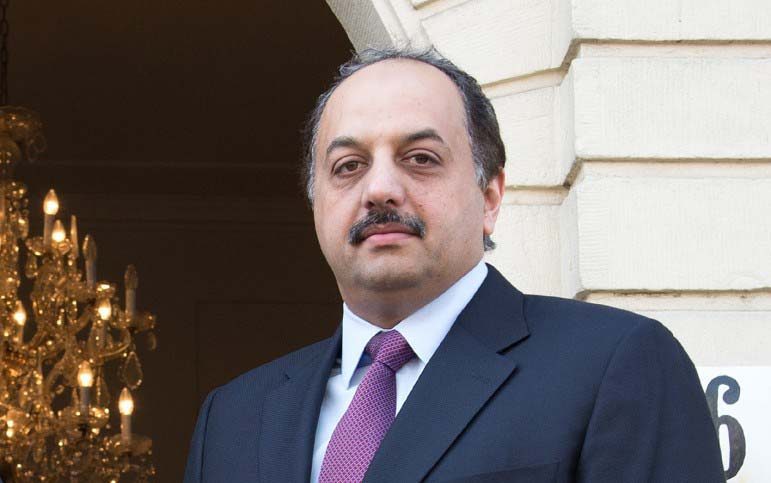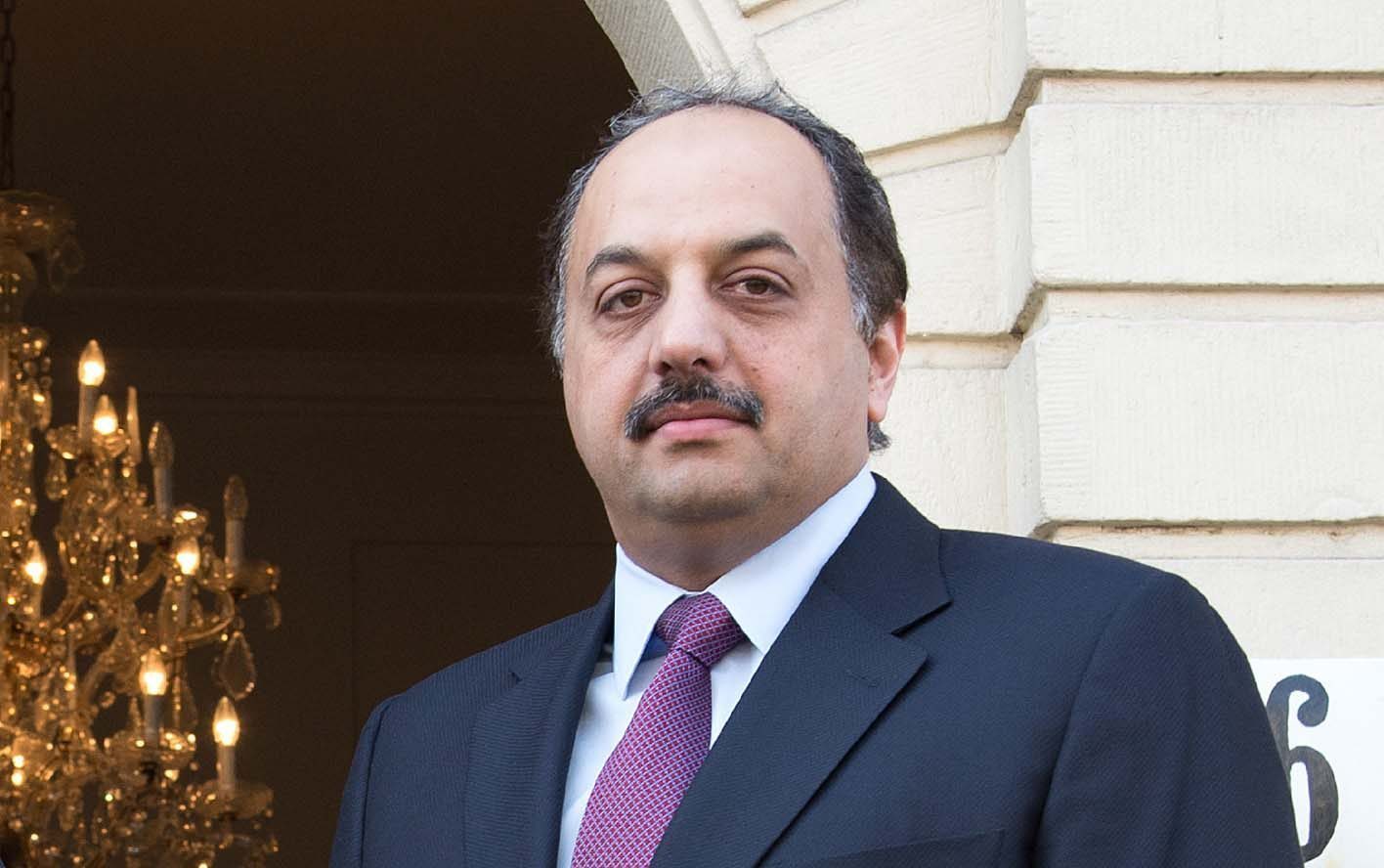
Qatar’s foreign minister has said his country’s ability to be a global mediator and negotiate with armed groups in conflict zones such as Syria is being overshadowed by a negative, politically motivated public relations campaign.
Following a speech at Princeton University, Dr. Khalid bin Mohammed Al Attiyah fielded a question from Reuters concerning Qatar’s recent role in freeing hostages from the al-Nusra Front in Syria. After telling the news agency that Qatar does not pay ransoms, Al Attiyah said:
“To the naked eye, Qatar might be a challenging case to fully understand, especially in the context of non-stop media bashing predicated by hired guns and a few lobbyists.”
His comments follow an investigation by US-based news website The Intercept that found the UAE government, which has been at odds with Qatar over this country’s support for the Muslim Brotherhood, gave millions of dollars to an American consulting firm to lobby journalists and plant anti-Qatar stories in numerous US publications.
Qatar authorities have previously blamed negative media coverage of the country on “foreign conspiracies,” but failed to provide any evidence to support their claims.
While somewhat narrow in scope, The Intercept report provides a rare glimpse into the public relations assault levied on Qatar by the UAE – something analysts say this country has attempted to refute, in part, by drawing attention to more favorable parts of Qatar’s foreign policy.
Hostage negotiator
In recent months, Qatar has faced allegations by journalists, the US government and even a German government minister that it funds ISIL, or at least allows its residents to privately finance the armed group.
Government officials have explicitly denied such affiliations and have introduced new laws that make it more difficult for charities to send funds abroad.
At the same time, Qatar has also attempted to improve its reputation and prove the country’s value among its allies by negotiating the release of dozens of hostages held in Syria. That includes the liberation of US journalist Peter Theo Curtis, who had been held captive by al-Nusra Front for nearly two years.

And in late May, Qatar agreed to host five Taliban prisoners who were exchanged by the US for a captured American soldier. It also negotiated the release from Syria of several Greek Orthodox nuns in March and nine Lebanese men last October.
Most recently, Qatar helped secure the release of 45 Fijian peacekeepers who had been detained in Syria.
Analysts have previously told Doha News that Qatar has built up a complicated network of contacts with different groups in the region. This means that the Gulf country’s ability to secure the release of hostages extends beyond its financial resources.
While freeing the nuns earlier this year reportedly cost Qatar between US$4 million and $50 million, the US has said it asked the Gulf country not to pay a ransom in the more recent cases.
Al Attiyah said the issue is a matter of policy for the government:
“No, Qatar does not pay ransoms. Again, Qatar will not apologize for any soul or life we saved in Syria. If we can mediate to save another life we will do so … We don’t believe in paying ransoms. This is another way of fueling, if you may call it supporting through the backdoor, and this we don’t do … Sometimes criticised, this important and complicated role should neither be questioned nor taken for granted.”
Thoughts?







